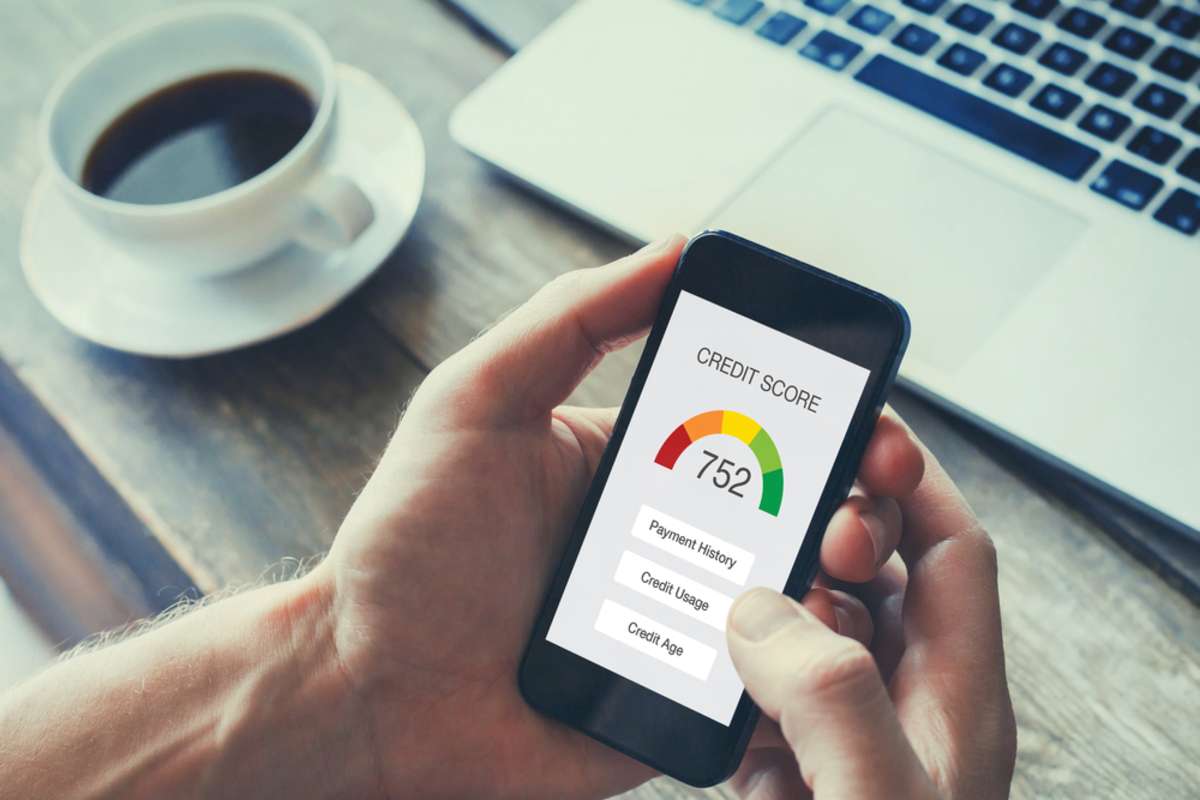Are you interested in taking advantage of a historically low-interest environment but not sure how your credit score affects the mortgage rate you will receive? With more than $4 trillion in mortgage originations in 2020, you are not alone.
Credit scores, which change over time, are simply a quantifiable snapshot of a consumer's creditworthiness at a given moment in time. Credit scores offer a baseline measure of potential credit risk. Here’s what buyers need to know about the credit needed for FHA loan options and other types of mortgages.
Why Do Lenders Care About Credit Scores?
From the lender's point of view, a credit score is a mathematical construct that demonstrates a borrower's creditworthiness and the likelihood they will meet future financial obligations. The minimum score needed for FHA loan or a conventional loan typically varies because FHA loans (and other government mortgage sources) offer financing options with less restrictive credit guidelines than conventional loans. Several scoring algorithms generate consumer credit scores, with the FICO Score the most widely known tool.
What Is the Range of Credit Scores?
If you’re wondering what a “good” credit score is, it can help to review standard ranges to see where your number fits. FICO scores fall between 300 and 850 and are categorized as follows:
- Exceptional: 800
- Very Good: 740-799
- Good: 670-739
- Fair: 580-669
- Poor: below 580
How does your score measure up? If you don’t see yourself in the top ranges, that doesn’t mean it’s time to stop looking for your first home!

Why Is Your Credit Score Important When Applying For a Mortgage?
While your credit score is only one aspect of how a loan officer evaluates your financial situation when applying for a mortgage, credit scores say a lot. Higher scores indicate someone who pays bills on time, doesn’t default on loans, manages their debt-to-income ratio well, and can take on the responsibility of a monthly mortgage payment. However, low scores can warn a lender away from someone who doesn’t pay bills on time, spends more than they earn, and doesn’t show good potential for keeping up with house payments.
How Credit Scores Affect Mortgage Rates
An underwriter evaluating a mortgage application assesses a borrower's ability and willingness to meet their monthly obligations. As a result, a higher credit score helps to reassure lenders that the mortgage funding provided will be paid back as agreed.
Borrowers need a specific credit score to qualify for the best mortgage interest rate. In mortgage terms, even a 100-point difference in a FICO Score may save thousands of dollars over the life of the mortgage.
For example, a borrower buys a $300,000 home with a 20% down payment. With a 780 FICO score, the borrower qualifies for a 4%, 30-year fixed-rate mortgage, which translates to $1,145 per month. However, if the borrower applied for the same mortgage with a credit score of 680, the mortgage rate would likely increase due to the score, which indicates more risk than a borrower with a 780 score.
If the rate offered with a 680-credit score rises to 4.5%, the revised monthly mortgage payment will increase by $71 per month to $1,216. Over the life of the loan, the lower credit score would require a borrower to pay $25,560 in additional interest (360 x $71).
Do Some Mortgages Focus Less on Credit Scores?
So, what are the best mortgage options if you have bad credit? Conventional mortgages focus greatly on credit score and creditworthiness in their credit assessments. However, other mortgage sources offer more relaxed lending guidelines, including:
- The minimum score for FHA Loan is 580 for a 3.5% down payment.
- The credit needed for FHA loan with a 10% down payment can fall below 580.
- The minimum credit score required for conventional loans is 620 for fixed-rate mortgage loans and 640 for adjustable-rate mortgages.
If you’re not sure how to decipher the best lending options based on your credit score, working with a company that offers bad credit home loans in Houston can help!

Begin the Mortgage Process Early
Mortgage companies encourage borrowers to become pre-qualified before they find a home. An offer to purchase with a prequalification letter assures the seller of the buyer's eligibility to secure financing. The prequalification process also provides borrowers with ample time to improve their credit score, if needed. When working with one of the best mortgage lenders Texas offers, they might encourage you to improve your score when applying for new home financing with better rates.
The Best Mortgage Company Texas Offers Helps Buyers Find the Best Loan
Credit scores are dynamic and change over time. Choosing to improve one's credit score will not only improve the interest rate you can receive, but it may also provide a reduced down payment requirement and open the field of home purchase opportunities. Even buyers searching for the bad credit home loans Houston offers can find the right financing solutions when partnering with an excellent lender. If you’re not sure what your credit score means as you work through buying your first home, reach out to Texas United Mortgage!
Learn more about homeownership costs with a free copy of “The Definitive Home Buying Cost Worksheet!”

Comments